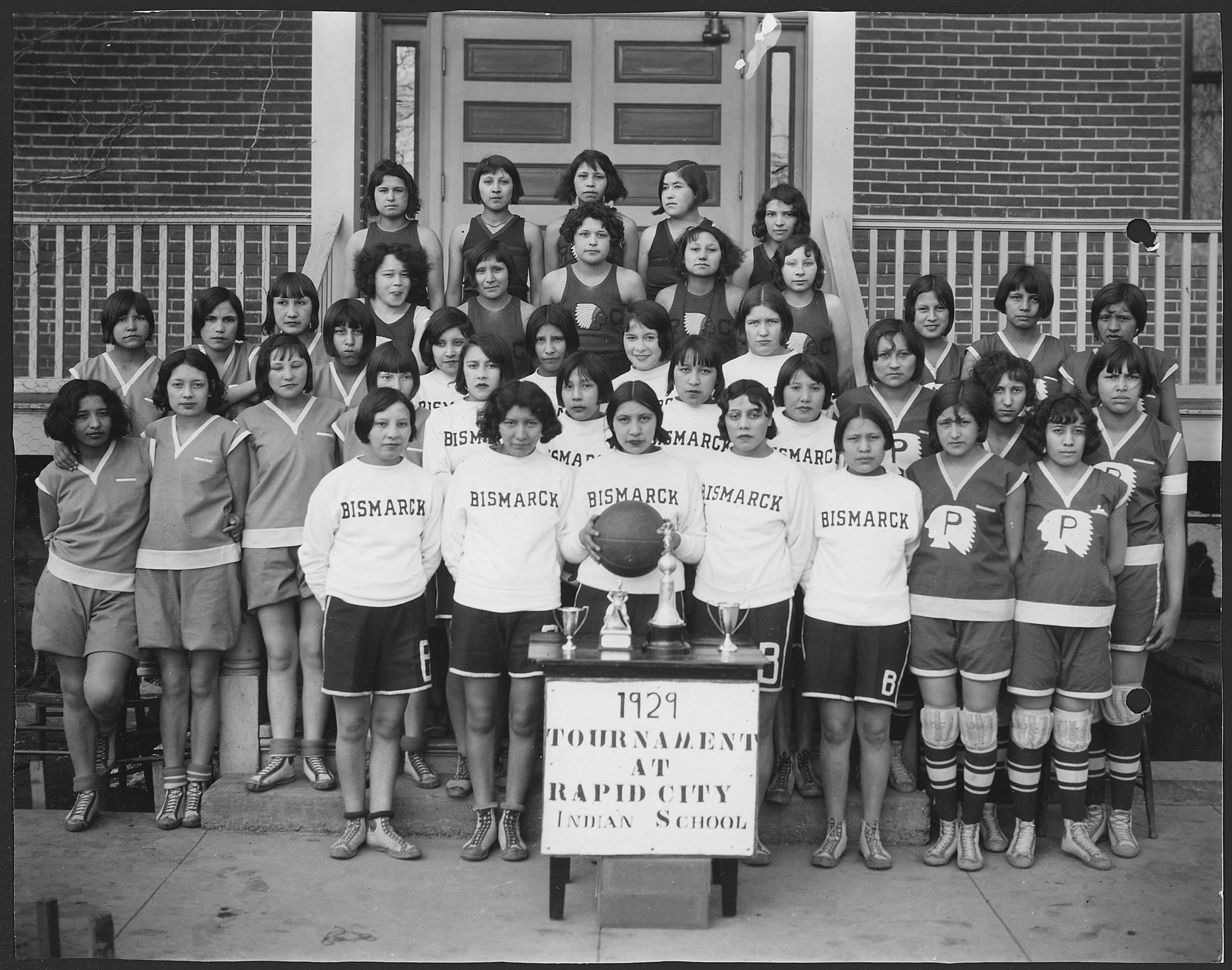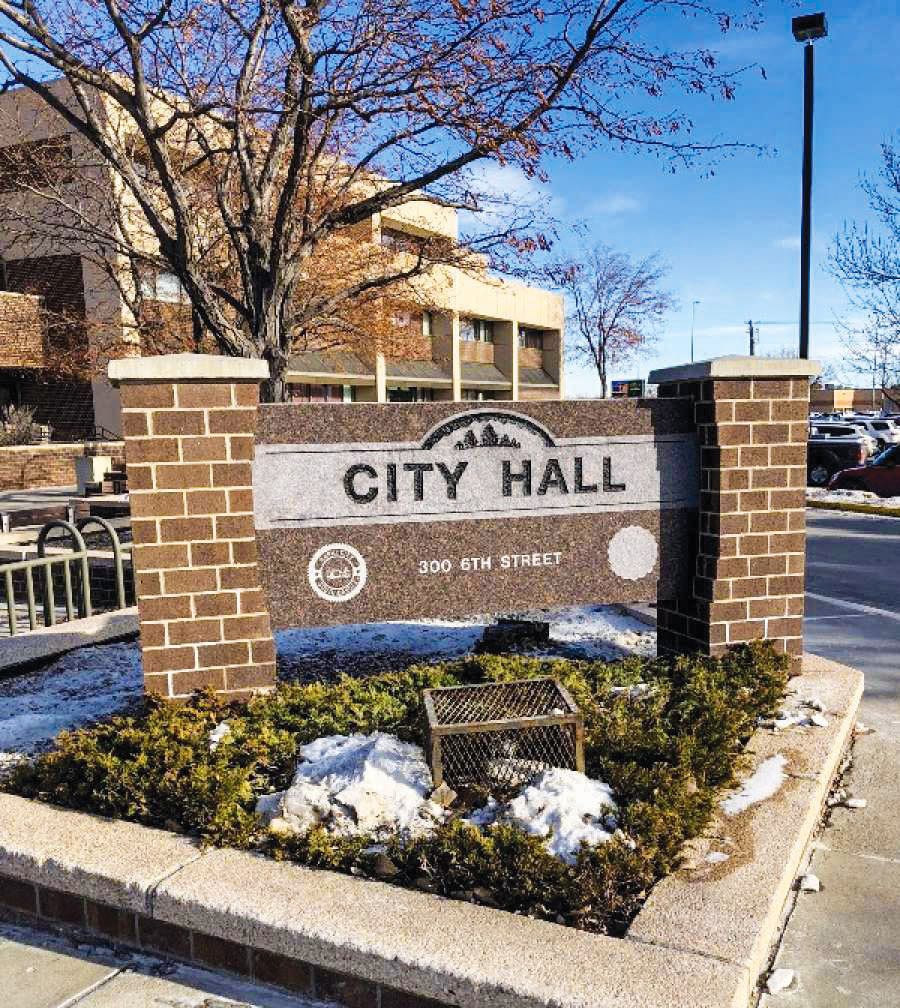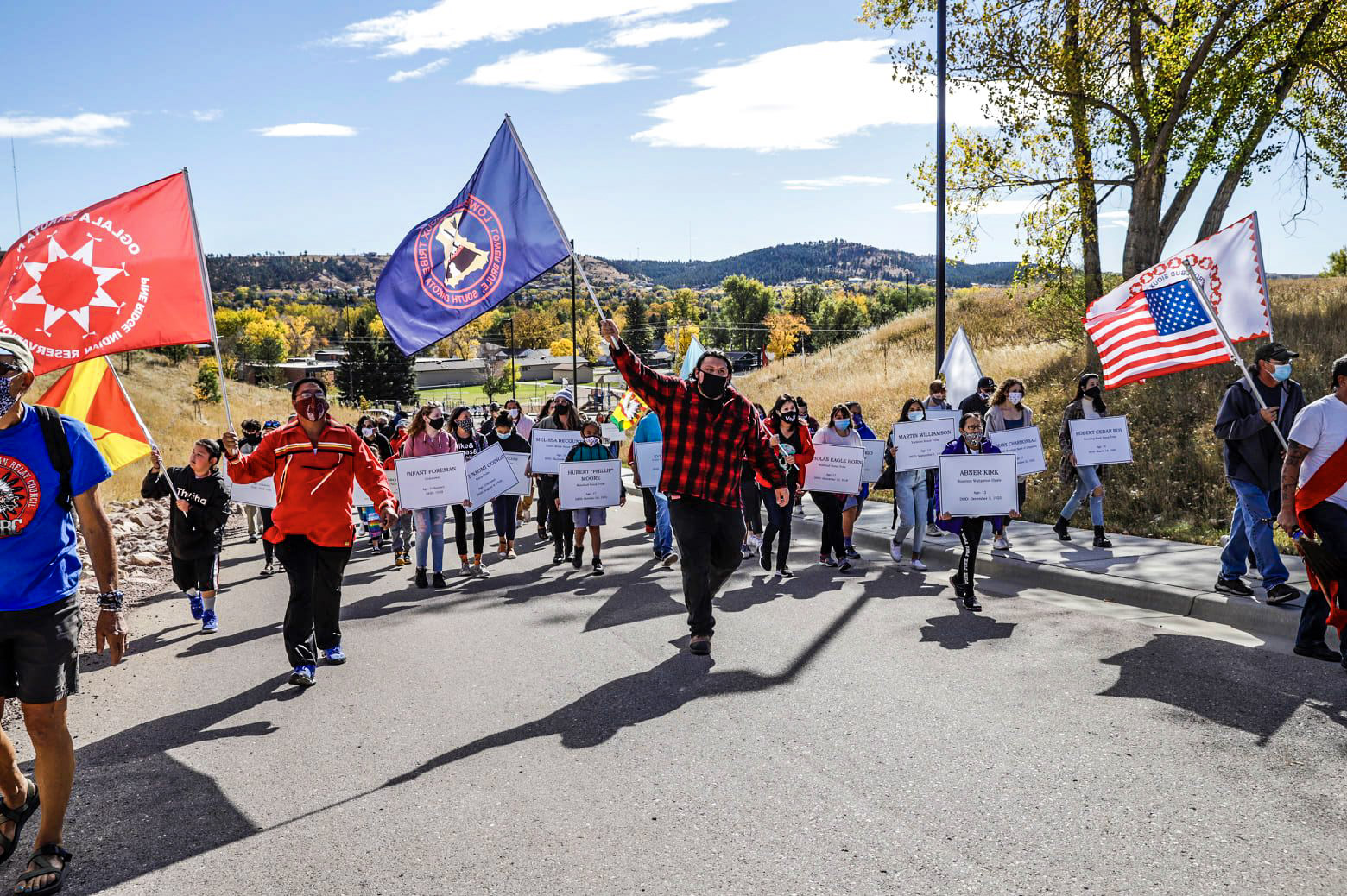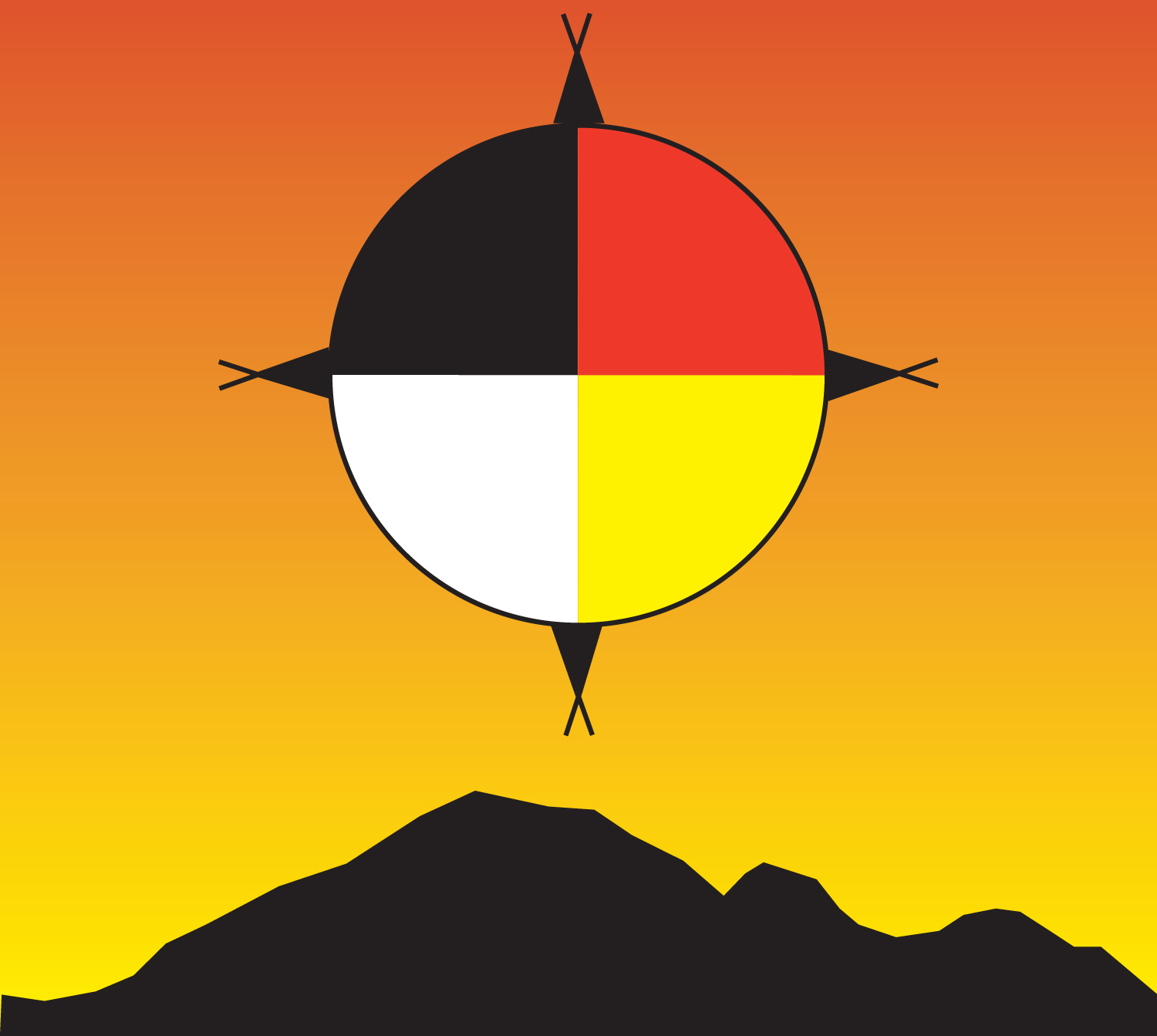Indianz.Com > News > Native Sun News Today: Discussion continues on Indian boarding school lands

Resolution for school lands pushed until November 10
Friday, November 6, 2020
RAPID CITY — On Monday, a resolution which would have taken the first steps in resolving 3 outstanding land deeds involved with the Rapid City Indian School lands was voted to be moved to a future working session for further discussion. The Rapid City Council voted 6-3 to move discussion for the resolution to November 10.
The resolution
Brought to Rapid City Council by a volunteer group of over 100 people with over 7 years of work, the resolution seeks to prevent the reversion of 3 parcels of lands which were illegally acquired from the Rapid City Indian Boarding School lands.
After a 1948 law passed by the United States Congress, lands from the boarding school could be given to “the city of Rapid City for municipal purposes, or to any public-school district for educational purposes, or to the State of South Dakota for use of the South Dakota National Guard: Provided, That the title to any lands so conveyed shall revert to the United States of America when the land is no longer used for the purposes for which such lands were initially conveyed.”
Two of the three parcels were conveyed from the City of Rapid City and given to Monument Health which became the Behavioral Health Center and Clarkson Health Care which became Westhills Village. The other parcel was conveyed from the Rapid City Area School District and is now the Canyon Lake Activity Center.
In a 2017 letter from the United States Department of Interior, the Federal Government acknowledges that these three parcels of land are in violation of the 1948 law and subject to reversion back to the Department of the Interior. The letter encourages all affected parties to come to a “creative solution” to the issue.
A letter from Monument Health Vice President Mike Diedrich, which was submitted to Rapid City Council on October 28, states that Monument Health believes that it’s Behavioral Health Center is compliance with all deeds and requests that the resolution be corrected to reflect this view. The letter cites many correspondences which date back to the 1950’s that admit the federal government accepts the deed in question is in compliance, but none of those letters were provided. Monument Health’s letter was not spoken about at Monday’s meeting.

Monday’s meeting
Around 40 residents spoke on the resolution and many of them were in favor of the resolution. Speakers were mainly Rapid City residents, but represented Native American communities from all over South Dakota.
Among citizens who spoke in favor of the resolution were Bev Warne, Dr. Eric Zimmer, and Karen Mortimer, who have all been involved with the project for several years.
Zimmer said that besides his association with the research, his words of advice were that “the strongest organizations and institutions and families in cities like this one are those that acknowledge their past, even the challenging parts of it, who are willing to engage with that, and make a commitment to everyone in their organization and community do something about it and move forward in a constructive way.”
NATIVE SUN NEWS TODAY
Support Native media!
Read the rest of the story on Native Sun News Today: Discussion on Rapid City Indian School lands moved to Nov. 10
Contact Travis at travisldewes@gmail.com
Note: Copyright permission Native Sun News Today

Search
Filed Under
Tags
More Headlines
AUDIO: American Indian and Alaska Native Public Witness Hearing Day 2, Afternoon Session
AUDIO: American Indian and Alaska Native Public Witness Hearing Day 2, Morning Session
Native America Calling: The game is changing for student athletes
AUDIO: Federal Indian Trust Asset Management: Progress Made But Improvement Needed
AUDIO: American Indian and Alaska Native Public Witness Hearing Day 1, Afternoon Session
AUDIO: American Indian and Alaska Native Public Witness Hearing Day 1, Morning Session
Native America Calling: Native people left out of progress on overdose deaths
Native America Calling: Trump job cuts hit Native education and sacred sites
House Subcommittee on Indian and Insular Affairs meets for oversight hearing
NAFOA: Things You Need to Know this Week (February 24, 2025)
VIDEO: American Indian and Alaska Native Public Witness Hearing Day 3
VIDEO: American Indian and Alaska Native Public Witness Hearing Day 2, Afternoon Session
VIDEO: American Indian and Alaska Native Public Witness Hearing Day 2, Morning Session
VIDEO: American Indian and Alaska Native Public Witness Hearing Day 1, Afternoon Session
VIDEO: American Indian and Alaska Native Public Witness Hearing Day 1, Morning Session
More Headlines
AUDIO: American Indian and Alaska Native Public Witness Hearing Day 2, Morning Session
Native America Calling: The game is changing for student athletes
AUDIO: Federal Indian Trust Asset Management: Progress Made But Improvement Needed
AUDIO: American Indian and Alaska Native Public Witness Hearing Day 1, Afternoon Session
AUDIO: American Indian and Alaska Native Public Witness Hearing Day 1, Morning Session
Native America Calling: Native people left out of progress on overdose deaths
Native America Calling: Trump job cuts hit Native education and sacred sites
House Subcommittee on Indian and Insular Affairs meets for oversight hearing
NAFOA: Things You Need to Know this Week (February 24, 2025)
VIDEO: American Indian and Alaska Native Public Witness Hearing Day 3
VIDEO: American Indian and Alaska Native Public Witness Hearing Day 2, Afternoon Session
VIDEO: American Indian and Alaska Native Public Witness Hearing Day 2, Morning Session
VIDEO: American Indian and Alaska Native Public Witness Hearing Day 1, Afternoon Session
VIDEO: American Indian and Alaska Native Public Witness Hearing Day 1, Morning Session
More Headlines
